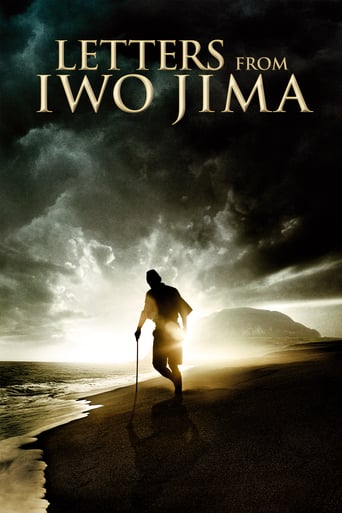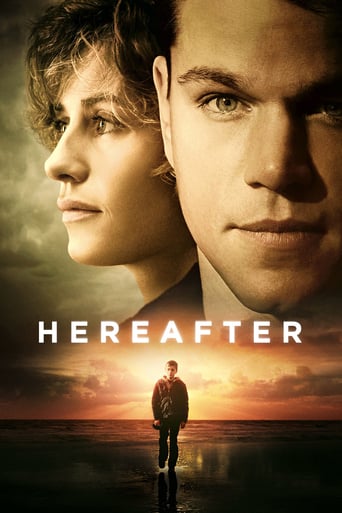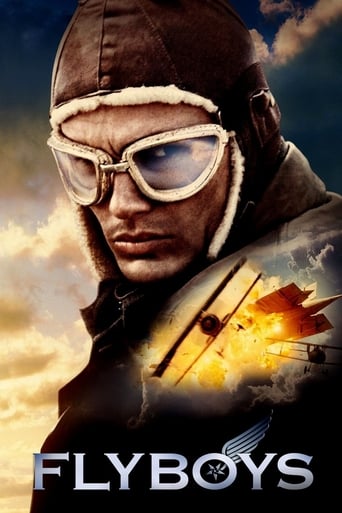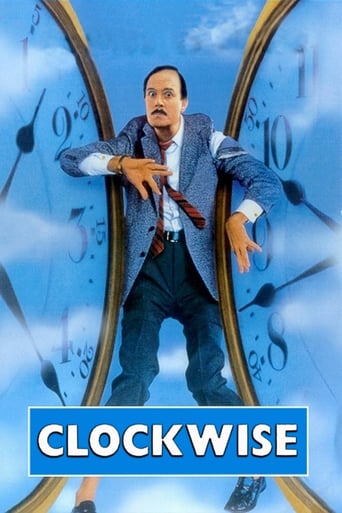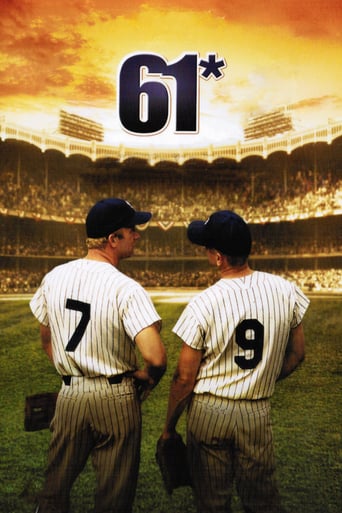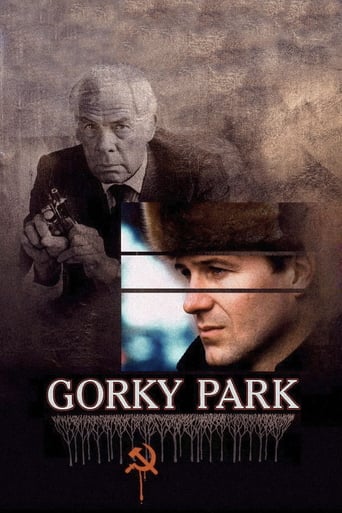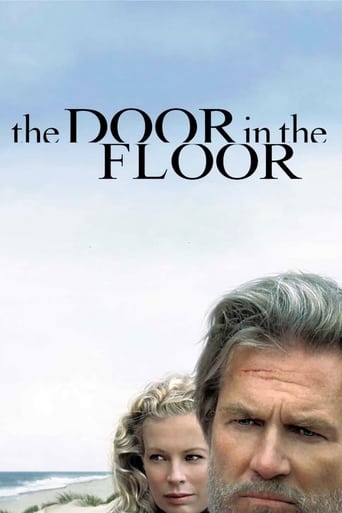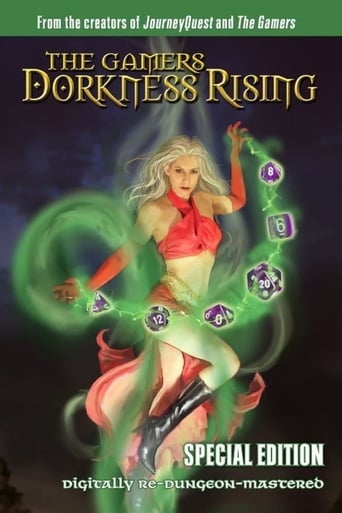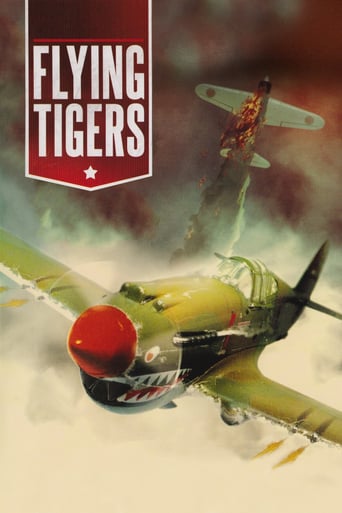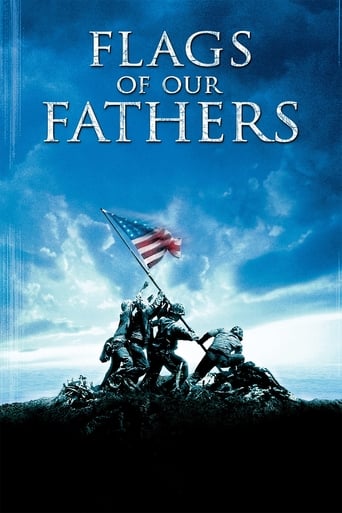


Flags of Our Fathers
There were five Marines and one Navy Corpsman photographed raising the U.S. flag on Mt. Suribachi by Joe Rosenthal on February 23, 1945. This is the story of three of the six surviving servicemen - John 'Doc' Bradley, Pvt. Rene Gagnon and Pvt. Ira Hayes - who fought in the battle to take Iwo Jima from the Japanese.
-
- Cast:
- Ryan Phillippe , Jesse Bradford , Adam Beach , John Benjamin Hickey , John Slattery , Barry Pepper , Jamie Bell


Similar titles
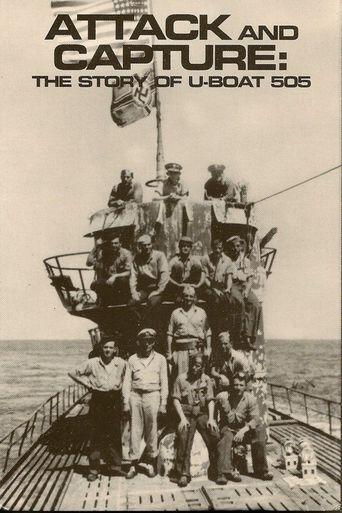
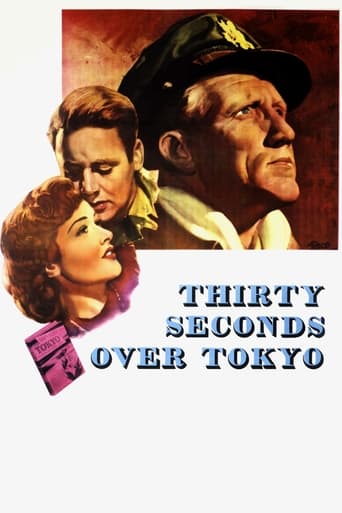
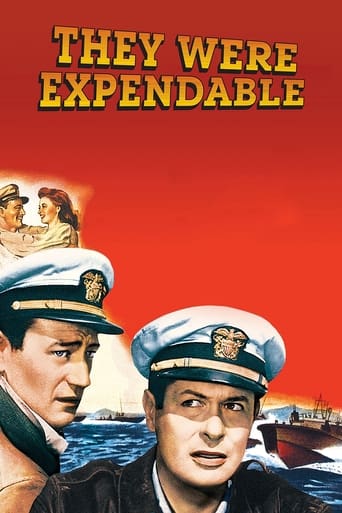
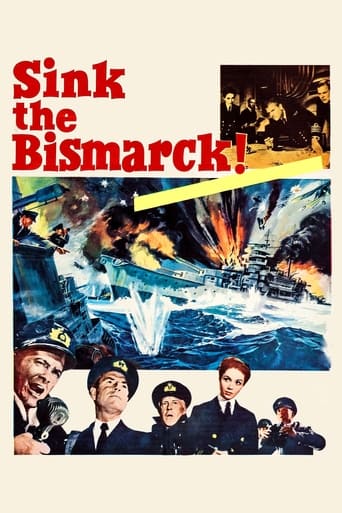
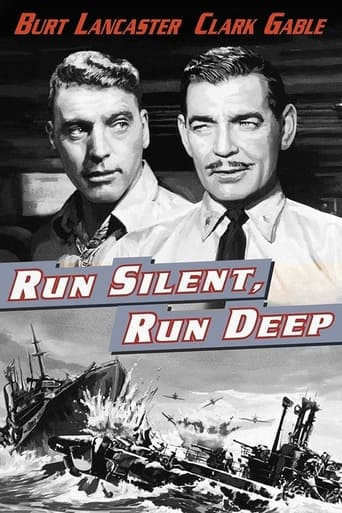
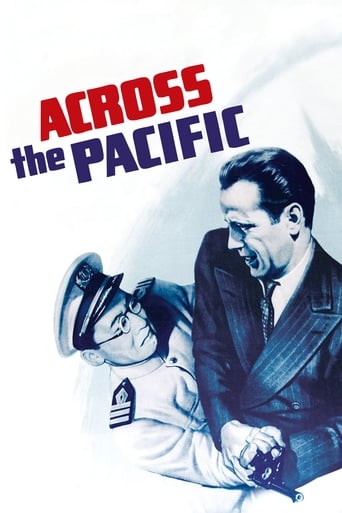
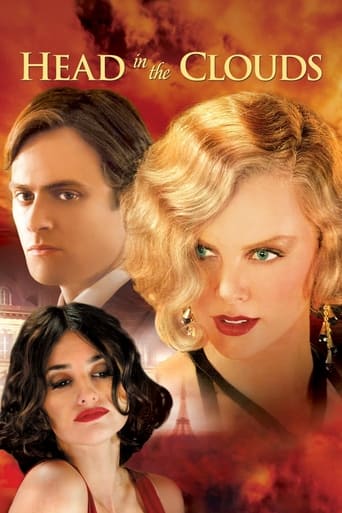
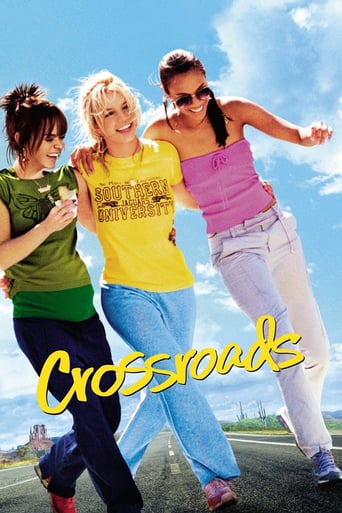
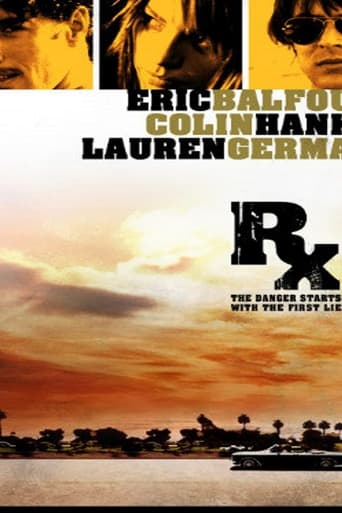
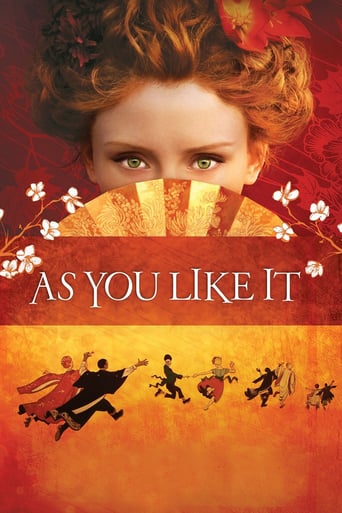
Reviews
Powerful
Plenty to Like, Plenty to Dislike
As Good As It Gets
Although it has its amusing moments, in eneral the plot does not convince.
In his review of "Letters from Iwo Jima", Roger Ebert recalled the line from "Patton"'s iconic monologue, you don't win a war by dying for your country but by making "the other poor dumb bastard die for his country", maybe that's why the Americans won the war after all, they fought to death. Japanese, while honorably, fought to their death, too.And "Flags of Our Fathers", first opus of Clint Eastwood's "Iwo Jima" duology also reminded me of a quote from the same monologue: "an army is a team - it lives, eats, sleeps, fights as a team. This individuality stuff is a bunch of crap." And as far as exemplifying the team spirit within the army, the famous picture of the flag-raising over Mount Suribashi is quite an eloquent illustration.It is indeed one of the most iconic, parodied and probably misundestood pictures of all time, taken at face value and wrongly translated as the epitome of victory while the battle, one of the toughest and deadliest of WW2, was still going on and half of the soldiers in the picture would eventually die. Interestingly, we never see their faces and for a few of them their bodies, but that's what makes it such a great symbol of anonymous heroism carried by a group, not individuals.In other words, it shouldn't have mattered who raised the flag, and I guess it didn't, what mattered is that it was the American flag and that sight was enough to awaken the Americans from lassitude and convince them to buy bonds. So the American government couldn't rely on a simple photograph, and needed the three survivors to play the game as ambassadors from that moment that stopped belonging to them, but to history, transiting though with politics. Clint Eastwood's adaptations of James Bradley's novel, takes us, in a fascinating introspection into the various perceptions of heroism depending on the perspectives. Even in Eastwood movies I disliked like "Unforgiven" and "American Sniper", I respected morally ambiguous characters for some values they carried and that I could relate to. Here I expected a new "Saving Private Ryan", but Spielberg is "only" the producer, Eastwood isn't the preacher type (not always anyway) and the flag isn't the end, but the beginning.And for the survivors, the beginning of an odd journey. Harlon Block (Benjamin Walker) and Sergeant Michael Strank (Barry Pepper) were all dead and as soon as the survivors were identified, they're taken for a long ride across America to encourage cheerful crowds to buy war bonds. The film unveil many aspects of their lives and how it affected their reactions. The father of the novel's author, Pharmacist "Doc" Bradley (Ryan Phillippe) is good-hearted and altruistic, he comforted his dying comrades and takes his new assignment as a way to comfort the spirits of people. Rene Gagnon (Jesse Bradford) sort of enjoys his new fame and the attention it brings (so does his girlfriend) but insists that he was just lucky, as they all say, the real heroes didn't come back. The most tragic character and the soul of the film is Ira Hayes (Adam Beach in a performance that should have earned him a few nods), his experience doesn't differ from the rest of the soldiers except that he's of Native background, an outcast status that pushed him to keep a low profile which was perfect for the army body. Being propelled in the main front, not to fight but to pose as a clean-cut hero could only make things worse to him, especially when he's still victim of racist paternalism or plain segregation. Hayes' tragedy is that he's not concerned by politics but politics were concerned by him.The film is punctuated with many war flashbacks that show the incredible gap between the atrocities in the island and the whole backstage show, the most infamous episode is Ralph "Iggy" Ignatowky (Jamie Bell) whose death is only alluded but a glimpse on a Wikipedia page will tell you that some soldiers' blood drop more significantly than other on the sand of Iwo Jima. Violence reached such a paroxysm that there was no possible way for the soldiers to recover unless they decided to keep quiet about it, about the details anyway. And yet the three survivors had to talk, talk and talk.They were even forced to replicate the deed over a mountain made of carton during a big exhibition in a stadium with the typical American fireworks, cheerleaders and all that jazz their supervisor prepared. The pseudo-flag-raising intercut with scenes of extreme violence, showing the deaths of the other soldiers, create a difficult mood whiplash but it's crucial in the understanding of another sad aspect about war, you must pretend.. These guys must act as heroes because the war needed them to be heroes, even the picture while speaking a thousand words, didn't say that it was the second flag raising, causing one of the soldiers to be misidentified, although his mother could, even from behind.The film reveals many secrets about the iconic shot, a lucky one from a photographical perspective and it also reminded me of Jean Gabin's speech in "The President", addressing a parliament member parliament too young to have fought in WW1, he said "you talk about millions but as a guy in the trenches, I can only remember a dozen of deaths, scope differs whether you're in or out the front", indeed.For the politician, it's about the big picture. For soldiers, it's just about kill and not to be killed, and protecting or saving your buddies. The tragedy is more intimate and it follows the 'privileged' ones for the rest of their lives... that's heroic enough to me. And the picture reminded of this adage: when a man points to the moon, the fool sees his finger. The government looked at for the American flag, but Eastwood is pointing to the guys who raised it.
The first of director Clint Eastwood's two films detailing the battle for Iwo Jima from the perspective of both armies, FLAGS OF OUR FATHERS is a watchable but hardly life-changing movie. The problem is that it follows too closely the pattern of other recent war epics like WE WERE SOLDIERS and SAVING PRIVATE RYAN; the battle scenes are filmed in the same washed-out ways with earth exploding over the camera and soldiers getting shot all over the place. The problem is that it's all been done before, and better, so the film loses some of its impact that would have resulted from alternative ways of shooting or different ways of showing the battle. Saying that, the film is far more interesting when it details the effects of the battle on three survivors who end up touring the USA in a bid to drum up some fund-raising for the war effort. I've never liked Ryan Phillippe very much but the other actors are very good, especially Adam Beach who steals the show as the Native American conscript who ends up becoming a drunk, unable to deal with what he's been through in the name of war.The film is well directed, with a good script and music and excellent photography. The story is wide-ranging and the only thing that seems a little hokey is the quality of the CGI effects which is questionable in places. It tells an interesting story, but the familiarity of that story works against it and, aside from Beach's character, Eastwood fails to drum up any sympathy for his protagonists. They're pretty much interchangeable, they could be anybody out there fighting, and even though the likes of Barry Pepper, Jamie Bell, Paul Walker, Robert Patrick, and Neal McDonough all put in more than adequate turns, there's definitely something missing here. An interesting piece, a serious one with a story that should be told, but not one I plan to come back to.
Not every Clint Eastwood film is a classic, and that's how I felt about Flags of our Fathers. The film depicts the invasion of Iwo Jim in WW2 and follows the lives of several men involved with the raising of the American flag. This flag picture is perhaps the most famous war picture in American history, symbolizing victory over Japan. But the story seemed hard to follow. There's an older guy narrating for a while and I'm still not sure who he was. Then another guy, and finally a less older person. Or maybe there were only two. It confused me. There were so many men killed that it was hard to remember who was who. Maybe that was the point - that the war was horrible and impossible to track. But it didn't make for easy film following.There were eventually 3 main character who the film focused on, and we learned a bit about them, but not really enough history. Doc seems to be the main character. it would have been good to learn more, but alas, with all the other history going on, it wasn't done.In the end, you know what you knew. War sucks. People die. We honor those who gave their lives for us. And a son loved his Dad, and learned how incredible he was. Yes, that was good, but getting there, well, it took a long circuitous route with too many detours to unimportant details. Flags was OK, but not special. Enjoy.
Just finished watching it and it's not a bad movie. It's not Clint Eastwood's best movie he directed nor is it the worse. The story is okay even though I find the whole flag thing a little bit stupid. But then is every war not stupid? Poor people going at war just to make a living, sponsored by rich people that won't risk their lives anyway. And then let's not even talk about the commanding officers and politicians that start those wars and that never will see a bullet or close combat in real life because they are in fact big power hungry cowards. The movie is enjoyable to watch and all actors did a good job. You really get that feeling that wars are stupid, certainly in this case, when they are fighting over a stupid rock. Nice movie to watch once.

